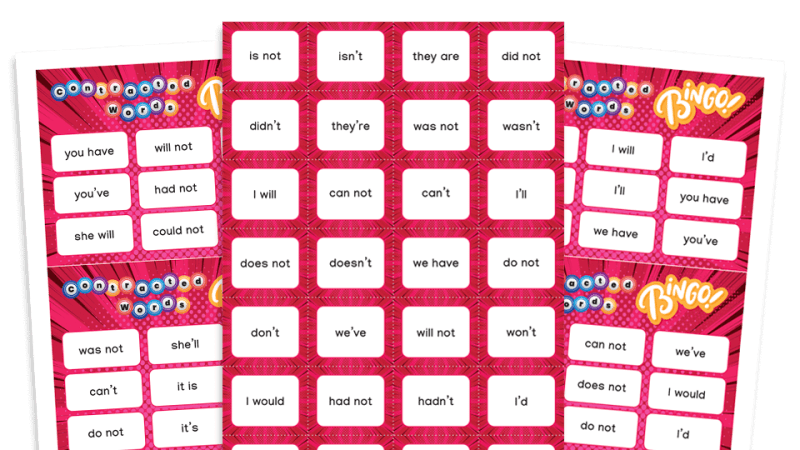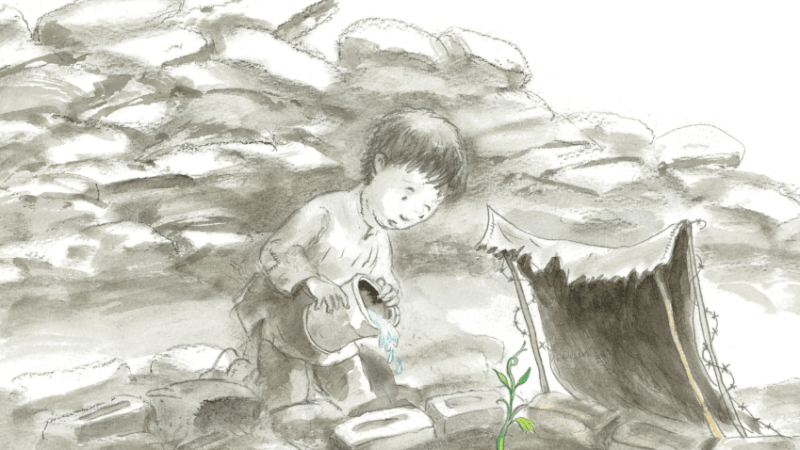Introduce All Children to Formal Language Early to Unlock Long-Term Success

Alex Quigley explains how teachers can help crack the academic code…

- by Teachwire

How could a group of crossword puzzle champions save the world? Such a startling question has a very British answer, and it should inspire teachers everywhere.
During WWII, at Bletchley Park, a collection of academics and other intelligent folk became ordinary heroes, busily decrypting German army messages and playing a pivotal role in the most destructive war the world has ever seen.
Today, as teachers, it is our role to help pupils become code breakers of a different sort. As children advance through primary school, they progressively move away from story-driven reading primarily based on action-filled lived experiences.
What we read and how we write necessarily shifts to a more tricky, academic style. It is no surprise when students begin to struggle later in Key Stage 2, as the difficulty level increases steeply; and by the time they reach secondary school, they are expected to move between multiple, discrete disciplines in a single day.
For many young people, the complexity of the very different academic codes they need to crack in order to achieve and thrive is frankly bewildering.
So, how can we help them? First, we need to understand the code ourselves.
An academic text typically includes the following conventions:
- Complex academic vocabulary
Most of the difficult words used later in primary school and secondary school have Greek and Latin origins, like ‘biosphere’, ‘biomass’ and ‘symbiotic’ (‘bio’ comes from the Greek, meaning ‘life’). The length and complexity of these words are built up with prefixes and suffixes. - Nominalisations and abstract nouns
The words become harder and dense with meaning. Nominalisation is when verbs or adjectives become nouns, so ‘sweating’ shifts to ‘perspiration’. Challenging, abstract ideas become more common, like ‘gravity’ and ‘refraction’ in science, or ‘continuity’ and ‘causation’ in history. - Long, multi-clausal sentences
Sub-clauses are added to sentences to define things and ideas precisely. Longer sentences demand increased comprehension. - The passive voice and a formal style
Academic writing is typically composed in the passive voice, moving away from concrete action to something a little trickier to grasp. It is made harder with the additions of discourse markers and other language features not used in daily talk.
Support strategies
With this in mind, here are strategies to help pupils ‘code-switch’ between everyday talk and its academic counterpart, and to support academic reading and writing.
- Talk like a scientist
Nudge children to use vocabulary that is more academic by using words they don’t quite know, explaining them, and so scaffolding their understanding. Respond to them by recasting their words with more academic terminology. For example, when a pupil says “food gives us the fuel to grow”, reply with, “Ok – so human metabolism converts food into energy for growth”. This daily boost to our academic talk can happen across the curriculum of course. Prompt thinking by nudging extended talk with discourse markers eg “there were no known cures for the plague. Consequently…”. - Dig at the roots
Foster deep vocabulary knowledge by regularly foregrounding word roots and the history of those words. Words with common roots, for example, those describing the human body, like ‘neuron’ (nerve), ‘carnem’ (flesh), and ‘psyche’ (mind), offer us many opportunities for teaching and deepening our word knowledge. - Word building
By explicitly teaching prefixes and suffixes, we can help children develop ‘word consciousness’. Using common prefixes like ‘un’, ‘re’ and ‘dis’ can encourage a fun and creative engagement with words that proves a handy strategy for when children encounter new and complex academic words. - Develop debate
Everyday talk lacks an academic style. In contrast, by using methods like Socratic talk, or setting up formal debates using the ‘Oxford rules’ format, we can encourage research and reasoned talk in a style that encourages children to switch to the academic code. - Know and use the AWL
Averil Coxhead, in her ‘Academic Word List’ (AWL), has collated 570 crucial word families derived from over 3.5 million words from a range of university texts. It is the academic code! You can also scan texts online with the Nottingham University ‘Academic Word Highlighter’.
Alex Quigley is an English teacher, Director of Huntington Research School, and author of the bestselling Closing the Vocabulary Gap (Routledge).











